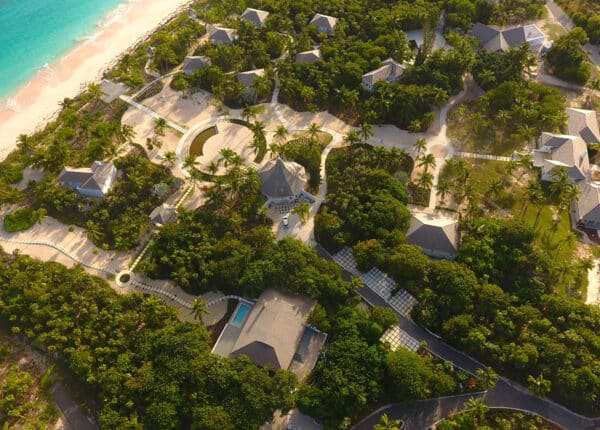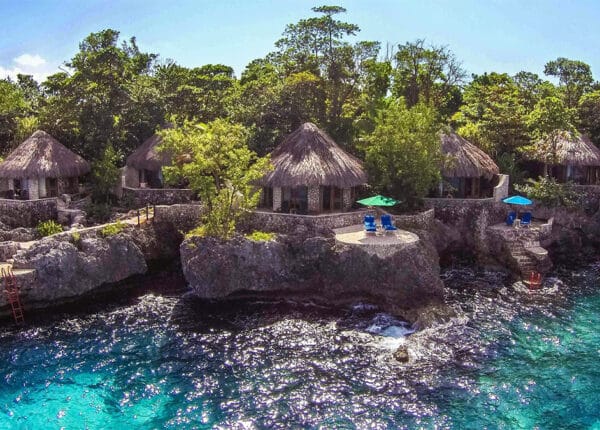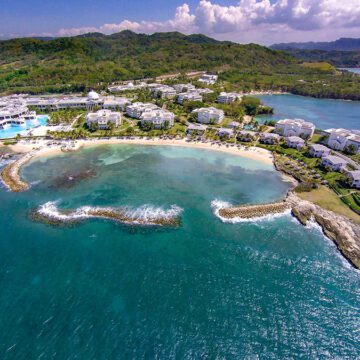Op-Ed: What’s Wrong With Jamaica’s International Monetary Fund Deal
By Kent Gammon
Op-Ed Contributor
JAMAICA JOINED the International Monetary Fund (IMF) in 1963. At that time, Jamaica had positive international net reserves of US$115.8 million falling by 1976 to negative net international reserves of $435.5 million.
In 1976, Jamaica sought funds from the IMF that came with stringent economic conditions that put an end at the time to unregulated expansion of public spending. Alot of rhetoric was bandied about at the time about “imperialism by the USA” having to do with the IMF’s conditionalities. Despite these conditionalities the Jamaican economy deteriorated, losing 22 percent of its entire economic worth between 1972 and 1980.
The IMF remained with Jamaica until the mid to late 1990s when a former Prime Minister, PJ Patterson, QC boasted “ta ta” to the IMF. That empty boast came about because his administration sourced expensive credit at high rates of interest on from international lending agencies.
With the IMF booted, the People’s National Party did not have to be disciplined in how they spent the Jamaican taxpayers’ money, moving the entire debt of Jamaica from 3 billion in 1972 to 32 billion Jamaican dollars in 1989 to 1 trillion Jamaican dollars in 2007.
Credit crash and burn
By 2008, the world experienced the second greatest global economic crash since the 1930s. No longer was there international credit, and, in any event, a new administration came to power in Jamaica by 2008.
Then-Minister of Finance Audley Shaw sought financing from the IMF at much lower rates of interest, something that his predecessor, Minister of Finance Dr, Omar Davies said in the Jamaican House of Parliament was impossible.
With the IMF back as Jamaica’s main source of credit financing came fiscal discipline. The IMF demanded to access a three-year extended loan facility of USD $800,000, a reduction in public sector wages to GDP from 11 percent to 9 percent and the shedding of several state entities that were draining the public purse, inter alia the Sugar Corporation of Jamaica and Air Jamaica.
The Jamaica Labour Party government gave in to the wage increases of the civil servants promised to them by the PNP administration of 7 percent and this scuttled the public sector wage bill to GDP targeted ratio.
In December 2011, the Peoples’ National Party was swept into power on several grandiose promises, including a negotiated IMF deal within 2 weeks of coming to office. Its been well over a year and a month since the PNP’s return to power and not only has the Jamaican dollar lost 12 percent of its value in that time but the IMF is still not official.
No IMF deal without new taxes
The current Minister of Finance spoke before parliament close to recess, giving the parliamentary opposition no opportunity to debate same, a $16 billion tax package that no one saw coming.
Among the more significant tax measures are income tax of 25 percent on all persons not just those under the “Pay As You Earn” category under the Income Tax Act, a massive property tax increase of 2 percent on unimproved land over $1 million dollars and increases in stamp duty and transfer taxes from the current 3 percent and 4 percent, respectively to 4 percent and 5 percent respectively.
It was also revealed that the government would be taking $44 billion dollars from the National Housing Trust, established in 1979, to offer budgetary support.
This was then revealed as part of the conditionalities for a new IMF deal. The National Housing Trust is a specific legislation that is charged with providing housing solutions to Jamaicans.
To take funds from this entity in light of the desperate demand for better housing for thousands of Jamaicans and divert it to another purpose entirely outside of its legislative objectives is not only ostensibly unlawful but contemptuous of the Jamaican people.
The Head of the IMF mission to Jamaica, Jan Kees Martijn, stated “the mission has reached a staff-level agreement with the Jamaican authorities on the key elements of an economic programme that can be supported by a 48 month arrangement under the Extended Fund Facility (EFF) in the amount of US$750 million….We have agreed on understandings that are reflected in the authorities’ economic programme, as stated in the Letter of Intent that will be reviewed by IMF Management and finalized before the agreement is approved.”
Another investment savings haircut please
There is also a National Debt Exchange proposal that the government of Jamaica is desperate to have signed onto by the financial houses in Jamaica so as to meet the medium-term financing needs of the country and provide some breathing space on the government’s books with government bonds falling due in the not too distant future.
This is a carbon copy of the first and most successful debt exchange programme in 2010, the Jamaican Debt Exchange Programme (JDX), with a more than a 95 percent participation rate. The PNP administration criticized the JDX in 2010 saying that it was a “default on sovereign debt.”
The Portia Simpson-Miller administration has steered clear of laying off public sector workers and with good reason — the 125,000-strong group largely represents those who voted the PNP into power in December 2011.
The Jamaican people have to learn that economic growth is only attained with fiscal discipline — otherwise it will continue to belie its independence.
Kent Gammon, LLM is a former candidate for the Jamaica Labour Party and an Attorney-at-law.
Note: the opinions expressed in Caribbean Journal Op-Eds are those of the author and do not necessarily reflect the views of the Caribbean Journal.







